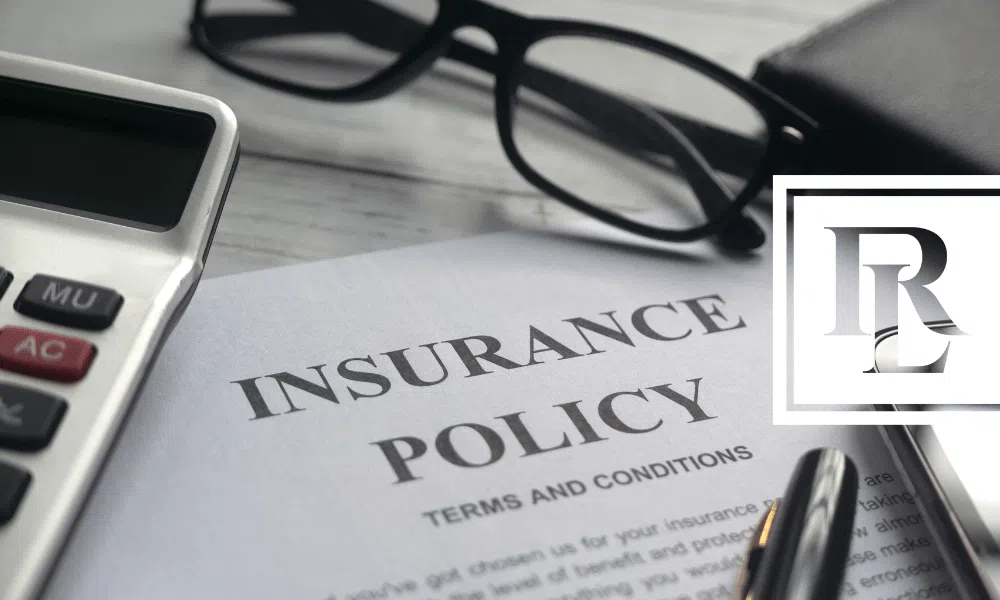Social Security Disability Insurance (SSDI) is a government program designed to provide a portion of pre-disability income to disabled workers. However, in many instances, the benefits do not cover one’s entire expenses. Plus, the disability determination process and the SSDI application process can become lengthy and burdensome for some applicants, and it can be hard to make ends meet in the interim.
You may want to explore private disability insurance as an alternative or supplement to SSDI. Private disability insurance can be purchased from your employer, certain professional organizations, or from a private company you seek out on your own.
Types of Private Disability Insurance
Like SSDI, disability insurance is meant to replace a portion of your income if you become ill or injured and can no longer work. It’s an important investment to consider because should you become disabled, it will ease your financial burden when you most need help.
There are two basic types of private disability insurance.
- Short-term: Each insurer and policy is different, but most Short-Term Disability (STD) insurance policies will pay you for up to one year of your injury or illness.
- Long-term: If your disability lasts longer than one year, then Long-Term Disability (LTD) kicks in. The length of time you’ll be eligible for LTD depends upon your policy.
The amount of benefits you’ll be eligible to receive also depends upon the details of your policy. Like auto insurance, when you purchase private disability insurance, you can cater your coverage to your budget and your estimated future needs.
The more coverage you want (the higher your benefit payment when you become disabled), the higher your premiums will be. Your insurance agent or Human Resources representative will be able to explain plan options to you.
Caution: SSDI May Affect Private Disability Benefits
It’s very important to be aware that your private insurance disability benefits may be affected if you apply for and begin receiving SSDI. Your LTD could be reduced or completely shut off if you start receiving SSDI. In fact, many seek private disability policies to essentially cover them only while awaiting an SSDI application to be accepted.
When you begin shopping for private coverage, read the fine print very carefully. Make sure you understand your rights and how your policy handles SSDI. If you already have private coverage and are deciding whether or not to file for SSDI, speak to your insurer and ask how your benefit payments will be affected if/when you start receiving SSDI.
If you have recently become disabled and don’t know which route to take, it’s advisable to speak to a disability attorney before you begin applying for either type of benefit. Your attorney can review your policy and advise you on the best course of action to take to maximize the overall dollar amount you receive.
Get a Free Consult with a Social Security Disability Attorney
For a free legal consultation in Rhode Island, Massachusetts, Connecticut, or New Hampshire, call Rob Levine Law. Contact us today to schedule an appointment at your convenience to discuss your disability benefits: 866-LAW-SSDI (529-7734).





